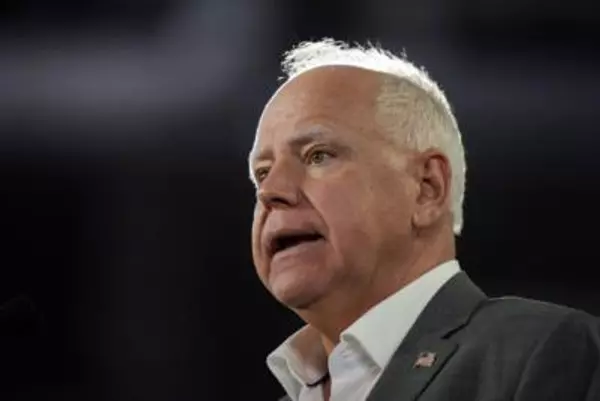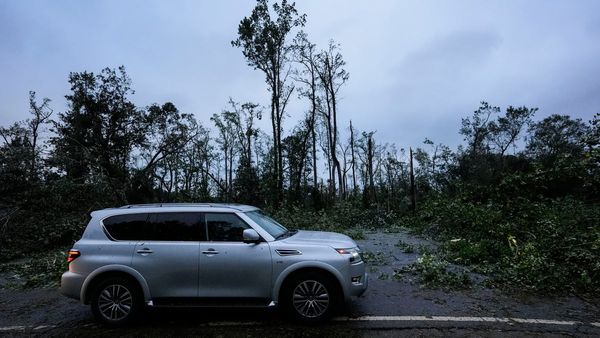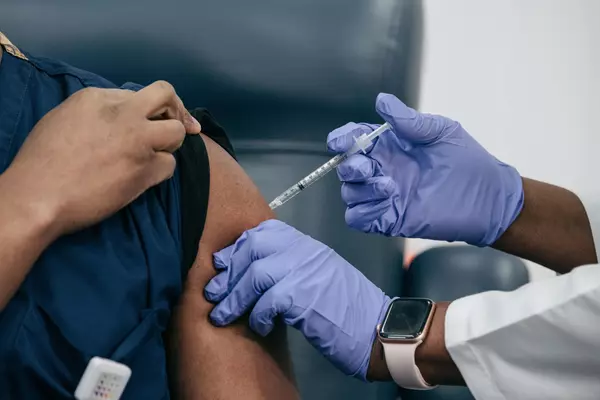National cabinet has unanimously agreed to scrap the mandatory Covid isolation requirement, with exemptions for those working in high-risk settings such as health or aged care.
The prime minister, Anthony Albanese, announced on Friday disaster payments for workers diagnosed with Covid would end, with the same exemptions for high-risk workplaces. He said all state premiers and chief ministers had agreed unanimously to the change, claiming it was “not sustainable” for governments to keep paying workers to stay home.
But backing the removal of isolation requirements on Friday, the chief medical officer, Prof Paul Kelly, did not rule out giving health advice in future to reinstate such measures if pandemic conditions such as transmission rates dramatically changed.
“We wanted to make sure that we have measures which are proportionate and that are targeted at the most vulnerable,” Albanese said after the meeting. “We want to continue to promote vaccinations as being absolutely critical, including people getting booster shots.
“We want a policy that promotes resilience and capacity-building and reduces a reliance on government intervention.”
Targeted financial support will continue for workers in aged care, disability care, Aboriginal healthcare and hospital care sectors, with the new payment to be funded 50:50 between the federal government and states and territories.
The changes will take effect on 14 October.
Albanese’s office shared the advice that Kelly had given, in which he called the proposed changes “a reasonable approach”. In the press conference, Kelly stressed his recommendation was “context-specific and timing-specific”, tied to current virus trends.
“It recognises that we are in a very low community transmission phase of the pandemic here in Australia,” he said. “It does not in any way suggest that the pandemic is finished. We will almost certainly see future peaks of the virus into the future.
“It is important that we keep an option for a change to these settings in the future … for example, for changes in the epidemiological situation in Australia, for signs that we have strain on our health care system, and be prepared to make different decisions at that moment.”
Kelly said a change in strategy now viewed isolation as not the only response to dealing with Covid.
“It needs to be seen in the context of that high vaccination rate, high previous infection giving further protection, the availability of treatments, the availability of vaccines, including the new buy vaccines and all the measures we have in place to protect vulnerable people,” he said.
“It is time to move away from Covid exceptionalism, in my view, and thinking about what we should do to protect people from any respiratory disease.”
Kelly suggested national cabinet commission “a detailed transition plan which would adequately prepare Australia to respond to a surge in cases” in the event of a new Covid variant in future. Asked whether he could envisage ever recommending to national cabinet in future that isolation rules be reinstated, Kelly said he would provide further information on transition plans in due course.
Albanese said it was time for the nation to begin transitioning from its “emergency” settings.
“Over a period of time, the nature of emergency measures is that they’re not there with no end date in sight,” he said.
“We are changing our position based on changing advice and changing circumstances. And that has to occur.
“There’s not a role for government in running every bit of people’s lives forever. And that is my firm position. You know, this isn’t an ideological thing. This is a practical outcome that was agreed across the board.”
Medical groups and trade unions had earlier this year criticised the Albanese government for not agreeing to extend the isolation payment for workers without employer-provided sick leave. National cabinet later agreed to extend that support for as long as mandatory isolation remained. But asked whether casual workers would now be forced to work while sick, Albanese said the government couldn’t keep paying for such financial supports, comparing the strategy to influenza.
“The flu has existed, and health issues have existed, for a long period of time, and the government hasn’t always stepped in to pay people’s wages while people have health concerns,” the prime minister said.
“It is not sustainable to have in place a system whereby the government steps in permanently, and we understand the pressures that are there, it is one reason might dominate why my government has focused as well on reducing the incidence of casual work.”
Business groups including the Business Council of Australia (BCA) and the Australian Chamber of Commerce and Industry quickly announced their support for the shift.
“The emergency phase of this pandemic is over, so we’ve got to shift gear, move with the rest of the world and manage for the long term,” the BCA chief executive, Jennifer Westacott, said.
“Australians want to get on with their lives and that means taking personal responsibility for their health decisions, just as they do with other viruses like the flu.”







